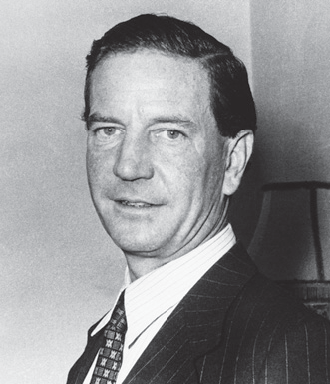One of the most notorious spies of the Cold War, Kim Philby (1912–1988) was a senior British intelligence officer who secretly worked for the KGB for two decades. The story of Philby’s betrayal shocked the British public when it was uncovered, provided a major propaganda victory for the USSR, and formed the basis for numerous spy thrillers—in particular the novels of John le Carré (1931–), himself a former British spy.

Harold A. R. Philby was born in India, the son of a British colonial official. He attended prestigious prep schools and then Cambridge University, where he became a Communist sympathizer. Philby and several other Cambridge students were recruited by Soviet intelligence as undergraduates and formed a tight-knit group that would later be known as the Cambridge spy ring.
Philby and the other young Cambridge spies were given an audacious long-term assignment: burrow into the British intelligence establishment, rise to senior levels, and then report back to Moscow. Philby worked as a reporter for a British newspaper during the Spanish civil war and then joined the British intelligence service after the outbreak of World War II. All the while, he continued feeding information to his Soviet controllers.
However, Philby’s luck began to turn in the 1950s, when two of the other Cambridge spies were unmasked. Philby was able to tip off the two men before they could be arrested, and both fled to the USSR. Because he was known to be a friend of the two, however, Philby came under suspicion of being the “third man” in the plot and was questioned intensively. (In reality, there were five members of the ring; the last would not be made public until the late 1970s.) Philby was eventually cleared and resumed working informally for the British spy agencies.
When he was finally unmasked as a spy in 1963, Philby fled to the USSR, where he lived for the remainder of his life. He died in Moscow at age seventy-six.
ADDITIONAL FACTS
- He was nicknamed Kim as a child after the hero of a novel by British writer Rudyard Kipling (1865–1936).
- Philby’s agents during World War II included Graham Greene (1904–1991) and Malcolm Muggeridge (1903–1990), both of whom would later become celebrated British writers. Philby continued to correspond with Greene even after going into exile.
- Philby was honored on a Soviet postage stamp in 1990.
